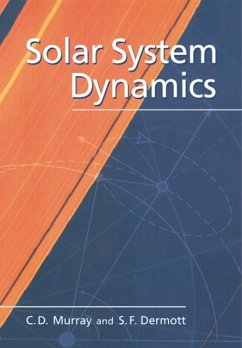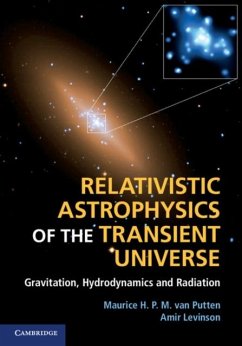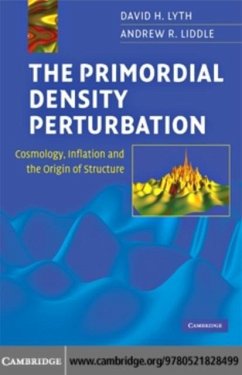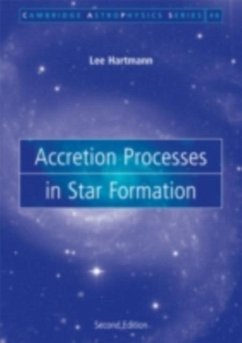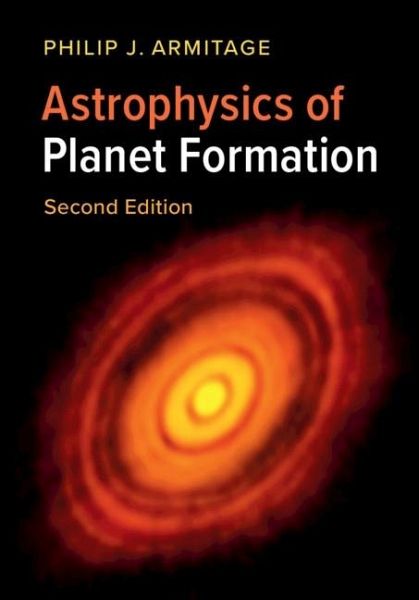
Astrophysics of Planet Formation (eBook, PDF)
Versandkostenfrei!
Sofort per Download lieferbar
45,95 €
inkl. MwSt.
Weitere Ausgaben:

PAYBACK Punkte
23 °P sammeln!
Concise and self-contained, this textbook gives a graduate-level introduction to the physical processes that shape planetary systems, covering all stages of planet formation. Writing for readers with undergraduate backgrounds in physics, astronomy, and planetary science, Armitage begins with a description of the structure and evolution of protoplanetary disks, moves on to the formation of planetesimals, rocky, and giant planets, and concludes by describing the gravitational and gas dynamical evolution of planetary systems. He provides a self-contained account of the modern theory of planet for...
Concise and self-contained, this textbook gives a graduate-level introduction to the physical processes that shape planetary systems, covering all stages of planet formation. Writing for readers with undergraduate backgrounds in physics, astronomy, and planetary science, Armitage begins with a description of the structure and evolution of protoplanetary disks, moves on to the formation of planetesimals, rocky, and giant planets, and concludes by describing the gravitational and gas dynamical evolution of planetary systems. He provides a self-contained account of the modern theory of planet formation and, for more advanced readers, carefully selected references to the research literature, noting areas where research is ongoing. The second edition has been thoroughly revised to include observational results from NASA's Kepler mission, ALMA observations and the JUNO mission to Jupiter, new theoretical ideas including pebble accretion, and an up-to-date understanding in areas such as disk evolution and planet migration.
Dieser Download kann aus rechtlichen Gründen nur mit Rechnungsadresse in A, B, BG, CY, CZ, D, DK, EW, E, FIN, F, GR, HR, H, IRL, I, LT, L, LR, M, NL, PL, P, R, S, SLO, SK ausgeliefert werden.





